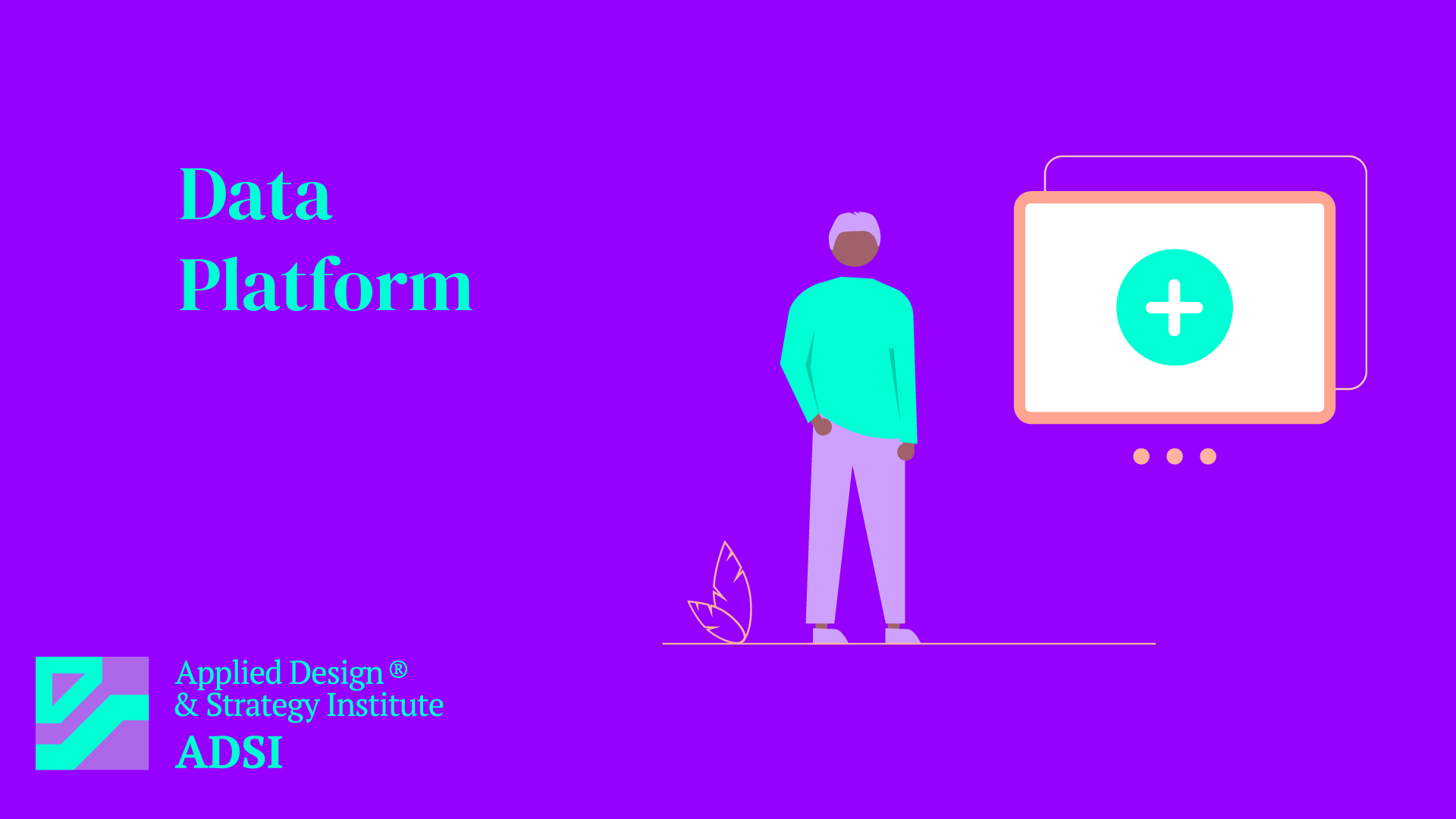Data Platform
Data Platform: Empowering Organizations through Integrated Data Solutions
Introduction
A data platform is an integrated set of technologies and tools that collectively provide a comprehensive environment to collect, store, manage, and analyze data. It serves as the backbone for data-driven decision-making, offering a centralized repository for all data-related activities in an organization.
Core Components of a Data Platform
- Data Storage: Includes databases, data warehouses, and data lakes for storing structured and unstructured data.
- Data Integration: Tools for aggregating data from various sources, ensuring a unified data ecosystem.
- Data Processing and Analysis: Capabilities for processing large volumes of data and performing complex analytical tasks.
- Data Management: Features for data governance, quality control, and compliance.
- Data Security: Measures to protect data from unauthorized access and breaches.
The Role of Data Platforms in Modern Business
- Centralized Data Hub: Acts as a single source of truth for all organizational data, reducing silos.
- Enhanced Data Analytics: Facilitates advanced analytics, including real-time analysis and predictive modeling.
- Operational Efficiency: Streamlines data management processes, saving time and resources.
- Informed Decision Making: Provides insights that guide strategic business decisions.
Key Considerations in Implementing a Data Platform
- Scalability: The ability to grow with the organization’s data needs.
- Flexibility: Compatibility with various data formats and sources.
- User Accessibility: Ease of use for different stakeholders, including non-technical users.
- Security and Compliance: Adherence to data protection regulations and best practices.
The Evolution of Data Platforms
Data platforms are evolving rapidly, incorporating cutting-edge technologies like artificial intelligence, machine learning, and cloud computing. This evolution is transforming how organizations handle and derive value from their data.
Challenges in Deploying a Data Platform
- Integration Complexity: Integrating a data platform with existing systems and workflows.
- Data Quality and Consistency: Ensuring the accuracy and consistency of data across the platform.
- Skill Requirements: Need for skilled personnel to manage and utilize the platform effectively.
The Future of Data Platforms
The future of data platforms lies in further automation, improved real-time processing capabilities, and more sophisticated analytics tools. As the volume and complexity of data grow, these platforms will become increasingly essential for businesses seeking to harness the power of their data.
Conclusion
Data platforms are at the heart of modern data strategies, offering a powerful combination of storage, management, and analytical capabilities. By providing a holistic approach to data, they enable organizations to unlock the full potential of their data assets, driving innovation, efficiency, and informed decision-making.



Leave a Reply